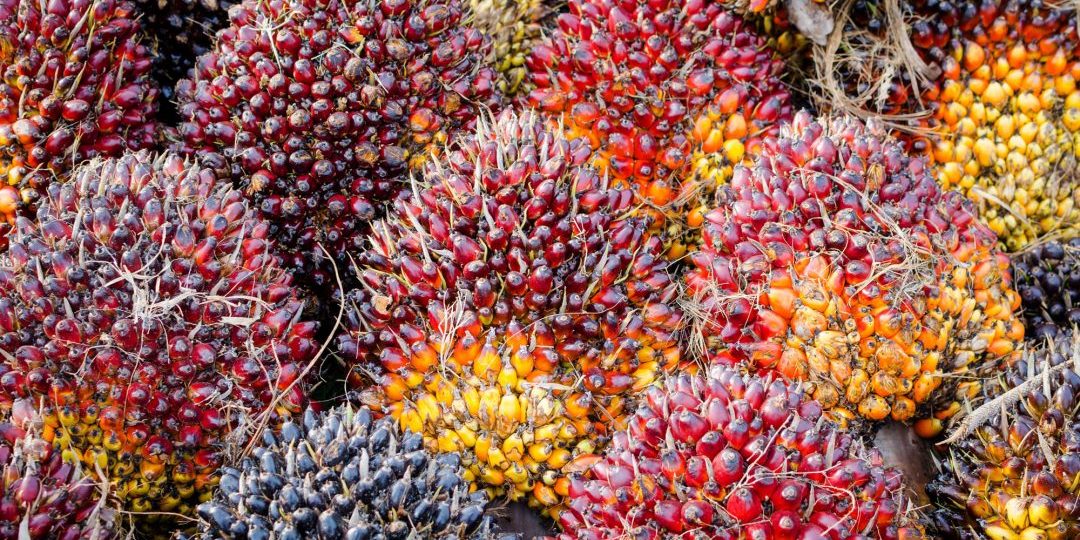Jumat, 12 April 2019| Jakarta Post
The European Union would be well advised to review its energy policy that classifies biofuels from palm oil as unsustainable, as this could be counterproductive to the global fight against climate change and endanger Indonesia-EU relations.
We support and appreciate the EU’s concerns over the risks of climate change due to the massive deforestation it alleges that the development of oil palm plantations has caused in Indonesia. But introducing such an ill-designed policy, based only on developments between 2008-2015 without taking into serious consideration the commitment and progress President Joko “Jokowi” Widodo’s government has made in enhancing sustainable palm oil development, would have a severe impact on Indonesia-EU relations.
Sequencing its energy policy without considering the vital role of palm oil, which provides almost 50 percent of global vegetable oil consumption and is the Indonesia’s largest employer and second biggest export, could quash the main purpose of the EU renewable energy program. Jokowi, who feels that he has gone all out in improving sustainable practices in the palm oil industry, might become so frustrated by the inconsiderate EU policy that he might ease enforcement of his 2018 ruling on the three-year moratorium on oil palm expansion. Pressured by shortterm interests, he might even renege on that commitment.
According to the Environment and Forestry Ministry the moratorium has virtually halted permit issuance for more than 1 million hectares in oil palm expansion. The ministry’s data also shows that between 2008 and 2014, oil palm expansion totaled around 1.6 million ha, but from October 2014 when Jokowi took over the government to the end of 2015, oil palm expansion permits were issued for only about 71,000 ha.
This means that in 2008-2015 the data period at the basis oftheEU palm oil policy the previous administration approved 96 percent of all oil palm expansion permits, compared to a mere 4 percent under Jokowi.
Certainly, the moratorium’senforcement has not been perfect, due to inadequate institutional capacity in coping with the complexities of the industry: The Indonesian palm oil industry involves more than 2 mill on smallholders in Sumatra, Kalimantan, Sulawesi and Papua across the world’s largest archipelagic nation. But progress is evident.
The European Parliament and the European Council now have less than two months to scrutinize its renewable energy directive and express any objections, before it is published in the Official Journal of the European Union and becomes binding to all EU states. The review should seriously assess the above factors, especially the vital roleof palm oil in the Indonesia economy and the global vegetable oil supply.
But whatever policy the EU takes, it should involve cooperation programs to empower Indonesia, notably Indonesian smallholders, in increasing plantation productivity through the use of high-yield seeds toward smooth, full enforcement of the moratorium on palm oil expansion.










